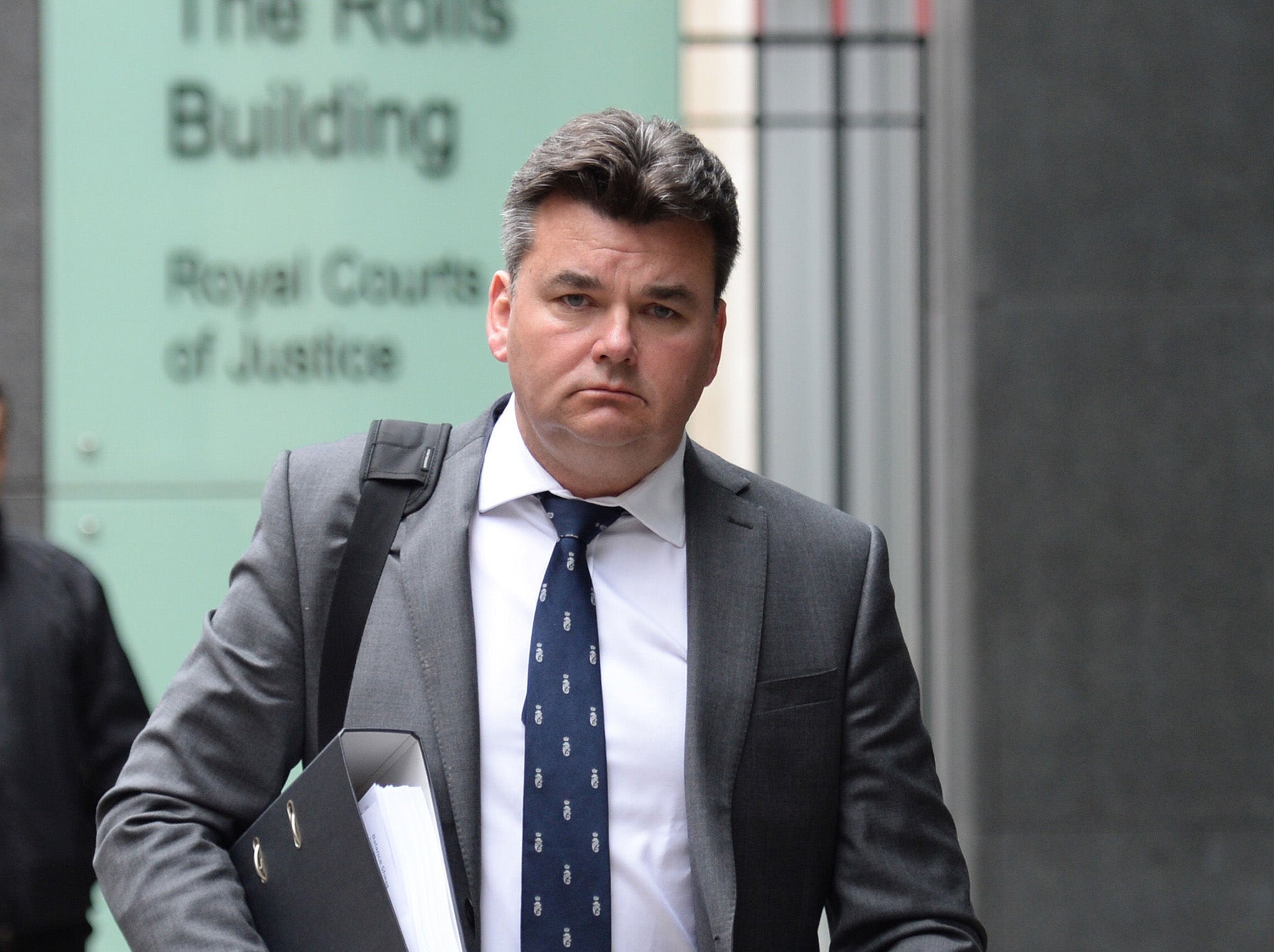BHS: Pensions Regulator guns for Dominic Chappell but Frank Field right to be unhappy
In announcing plans to prosecute, the watchdog is going after a sprat

Your support helps us to tell the story
From reproductive rights to climate change to Big Tech, The Independent is on the ground when the story is developing. Whether it's investigating the financials of Elon Musk's pro-Trump PAC or producing our latest documentary, 'The A Word', which shines a light on the American women fighting for reproductive rights, we know how important it is to parse out the facts from the messaging.
At such a critical moment in US history, we need reporters on the ground. Your donation allows us to keep sending journalists to speak to both sides of the story.
The Independent is trusted by Americans across the entire political spectrum. And unlike many other quality news outlets, we choose not to lock Americans out of our reporting and analysis with paywalls. We believe quality journalism should be available to everyone, paid for by those who can afford it.
Your support makes all the difference.“If the Pensions Regulator is frightened of landing the whale, I suppose going after the sprat is the next best thing,” said a frustrated Frank Field, the chair of the Parliamentary Work and Pensions Committee.
He was speaking after the watchdog announced its decision to prosecute Dominic Chappell, the serial former bankrupt who bought BHS for £1 from Sir Philip Green, before overseeing the retailer’s collapse.
Sir Philip settled with the watchdog after it had issued a warning notice in the wake of its investigation into the operation of the company’s deficit laden pension scheme, by pumping £363m into it.
Mr Chappell, by contrast, will have to appear before Brighton magistrates to answer charges of failing to comply with three notices requiring information that were issued under Section 72 of the Pensions Act 2004 during the course of the probe.
The settlement achieved with Sir Philip was unsatisfactory in that the same benefits that scheme members would have got had BHS been a going concern, or had its pension scheme been fully funded when it went pop, will not be available to them going forward.
But it was still a lot better than the alternative. If the scheme had fallen into the Pension Protection Fund, members would have faced a chunky upfront haircut to their interests, in addition to a reduction in their future returns.
Pursuing Sir Philip through the courts would have been difficult, time consuming, and expensive, with no guarantee of a better outcome at the end.
That said, Mr Field’s frustration is still understandable and his point is still valid, all the more so because the sprats so often find themselves hooked while the whales swim serenely on.
Take the Libor rigging scandal, for example. Some traders have been prosecuted, and Tom Hayes, nicknamed “King Libor”, was even convicted of fraud. But none of the bosses who were supposed to be supervising them, and arguably benefited from their actions, have ever seen the inside of a courtroom. And nor will they.
As for the foreign exchange rigging scandal that followed it, the Serious Fraud Office passed the buck, leaving the Financial Conduct Authority to pursue civil actions. Again, you shouldn’t expect to see any bosses in the firing line.
Then there was the financial crisis, which nearly wrecked the British economy, but has seen no prosecutions whatsoever. A couple of executives, one at HBOS, one at Royal Bank of Scotland, received regulatory sanctions, one of which was a voluntarily agreed to ban from the city, but that was about it.
The British legal system is, by international standards, stronger than most. Its impartiality and relative consistency actually serve as selling points when it comes to attracting companies to these shores.
It surely, however, can’t hurt that for those purposes a notable area of weakness is that it’s very much a case of one law for the rich, one law for the, shall we say, less rich, and if you’re poor would you just hold your hands out for the handcuffs? There you go!
The plankton are doomed. The sprats have to watch their backs. The whales needn’t worry overly if their money’s good.
It’s not just Mr Field who finds that infuriating. Lots of people do. But there’s precious little sign of any Government willing to entertain changing it. So we’ll be here again before too long.
Join our commenting forum
Join thought-provoking conversations, follow other Independent readers and see their replies
Comments